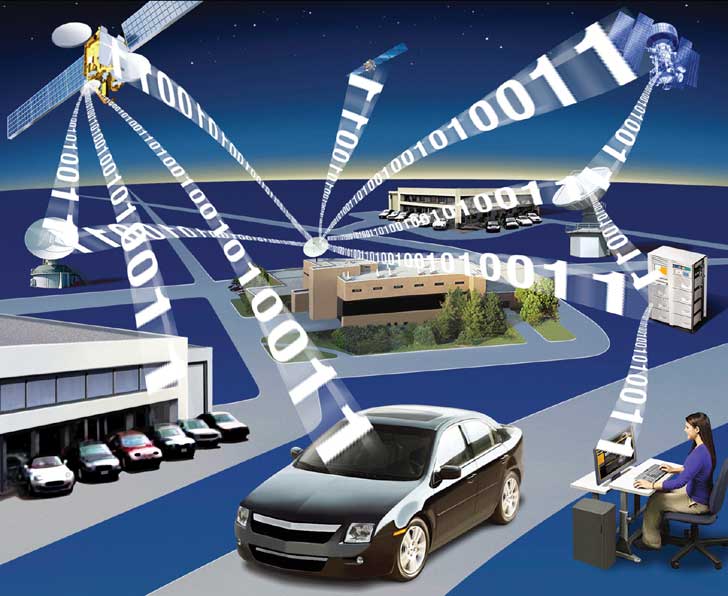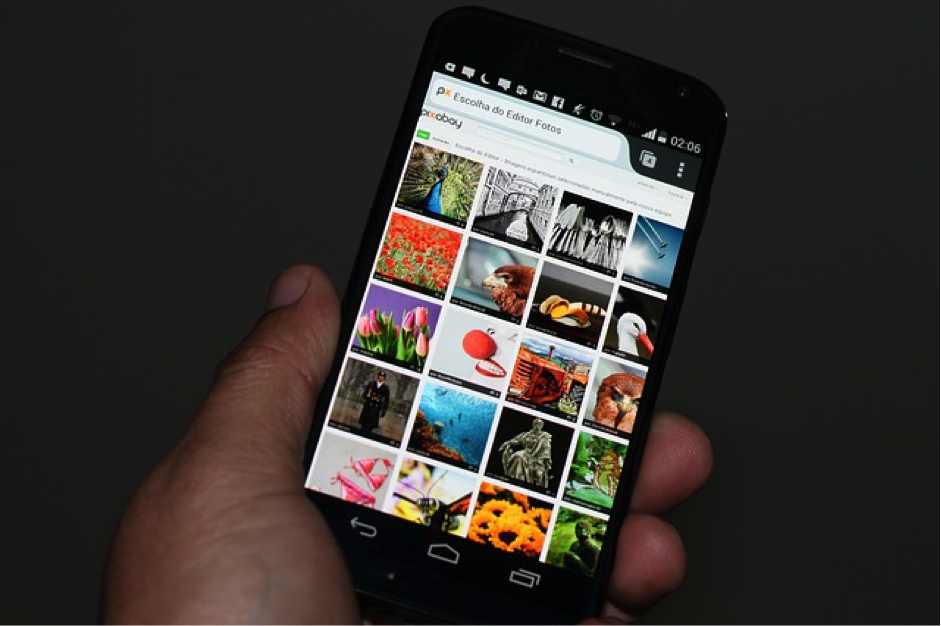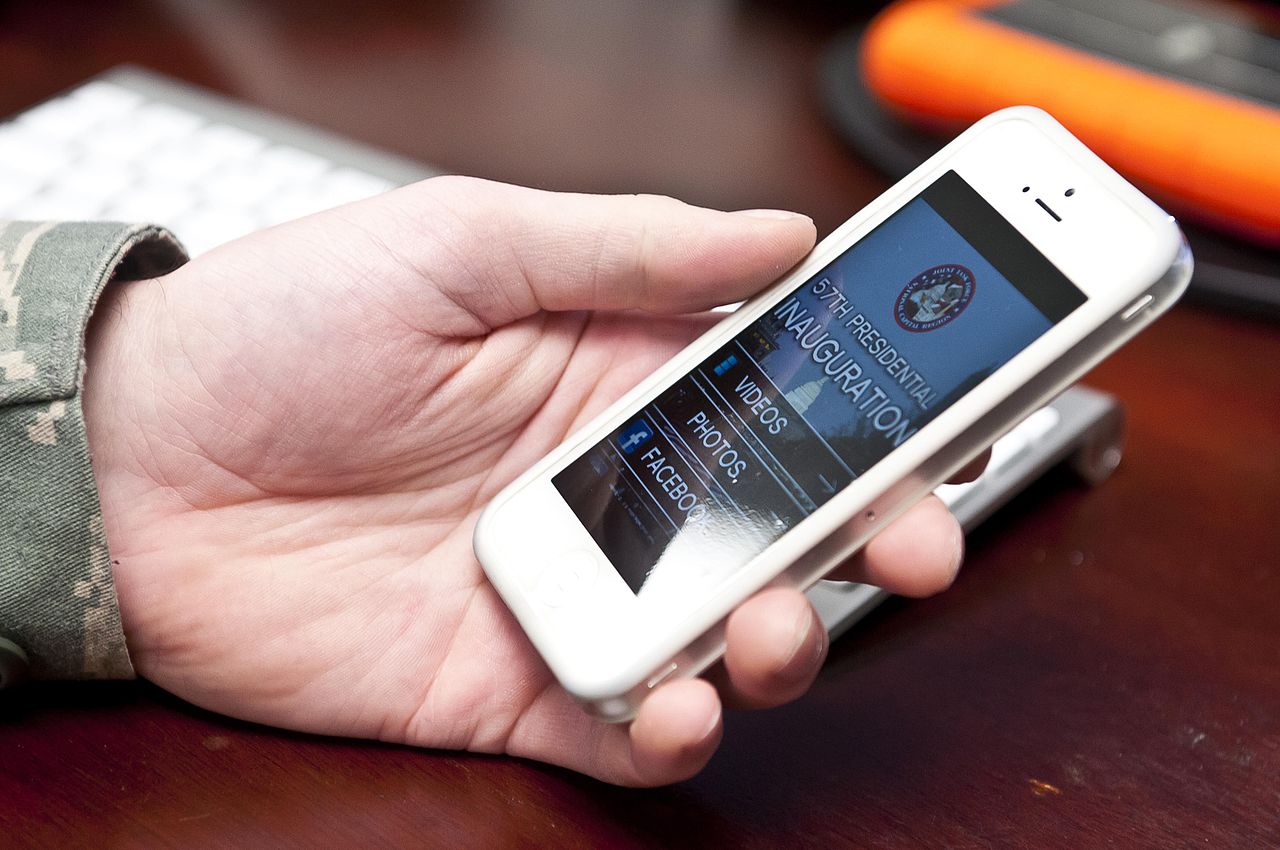 A term you may be hearing sported all over the gadget world at the moment is 4G, the latest and greatest generation of data technology. Claims are being bandied that 4G means faster connections, instant downloads, video chat with no lag, and smooth streaming of videos, music, and movies on your mobile device. Yet behind these grand statements not many people are actually sure of what 4G means, and why they should even care. Sweeping remarks about faster speeds and quicker downloads are all well and good, but people want to know how this applies to them more specifically – how will it change our mobile devices, and how soon will it come into effect?
A term you may be hearing sported all over the gadget world at the moment is 4G, the latest and greatest generation of data technology. Claims are being bandied that 4G means faster connections, instant downloads, video chat with no lag, and smooth streaming of videos, music, and movies on your mobile device. Yet behind these grand statements not many people are actually sure of what 4G means, and why they should even care. Sweeping remarks about faster speeds and quicker downloads are all well and good, but people want to know how this applies to them more specifically – how will it change our mobile devices, and how soon will it come into effect?
The fastest 4G service currently available is 4G LTE, two terms which together mean super speeds in mobile phones and other mobile devices. 4G refers to the fact that this is the fourth generation, following up 3G, the third generation. The letters LTE stand for Long Term Evolution – it refers to the process by which data is transferred at very high speeds for the kinds of devices mentioned above. 4G networks provide download speeds that are four to five times faster than those offered by 3G, a speed that even rivals some home broadband connections. Best of all, like 3G, 4G should soon be available everywhere so you can access the internet on your mobile device, no matter where you are.
Speed, then, is the major selling point of 4G. As a society we are constantly demanding things faster and with more efficiency, and that is exactly what the figures behind 4G are attempting to provide. The first 4G compatible smartphones have already been released, and the coverage of 4G networks will continue to expand as more and more devices are developed and made available to the general public.
You can find out more information about different phones that can run different speeds, and download rates, and other specifications at Dial-a-phone. You can find more information about phone models.
Thanks for reading this article. If you're new here, why don't you subscribe for regular updates via RSS feed or via email. You can also subscribe by following @techsling on Twitter or becoming our fan on Facebook. Thanks for visiting!

4 Comments
Leave a Reply
Cancel reply
Leave a Reply
This site uses Akismet to reduce spam. Learn how your comment data is processed.




















































































































































































Ann
May 25, 2012 at 6:36 pm
Hi there,
You are so right. I’ve always wondered but was afraid to ask!! I know it had to do with speed but not how much or how important it was. Now I know. Thanks.
Alec Farell
May 25, 2012 at 8:42 pm
Unfortunately, there aren’t so many mobile phones that can support LTE standard and more unfortunately, they are the flagships of mobile manufacturers, which equals very expensive ones. I am sure that, in time, mobile phones compatible with LTE technology will become cheaper.
Melissa
May 31, 2012 at 7:51 pm
4G is a completely new thing for me, so I’m much grateful for this helpful information
Shifna
June 1, 2012 at 1:49 pm
I am not sure whether this put up is written via him as no one else recognise such targeted about my difficulty. You’re incredible! Thanks!